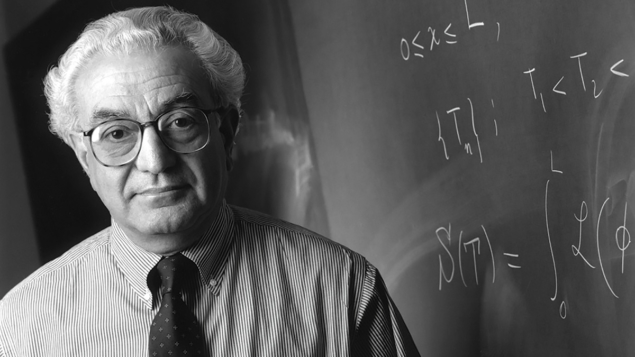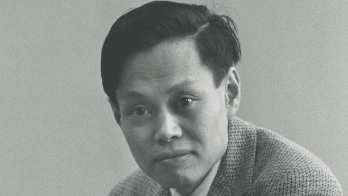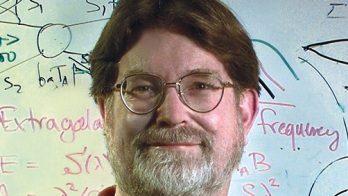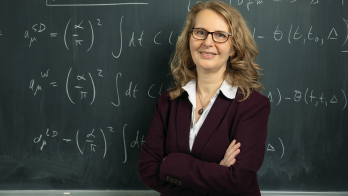
Renowned high-energy theorist Nicola Najib Khuri died on 4 August 2022 in New York City. Born in 1933 in Beirut, Lebanon he was the eldest of four siblings and a precocious student. He graduated from the American University of Beirut (AUB) in 1952 at the age of 19, then travelled to the US for his graduate studies in physics. He received his MA and PhD from Princeton University and was a fellow of Princeton’s Institute for Advanced Study. While in graduate school, he met Elizabeth Tyson, the love of his life and wife of over 60 years. Upon receiving his doctorate in 1957, Nicola returned to Lebanon and joined the faculty at AUB. In 1964 he went back to the US and accepted a position at The Rockefeller University, New York, where he founded a lab and remained for the rest of his career.
Nicola was a leading authority on the use of mathematics in high-energy theoretical physics. At Rockefeller, his research focused on the mathematical description of elementary-particle collisions. Among his most notable achievements were the introduction of a new method to study the Riemann hypothesis, one of the last unsolved problems in mathematics, and the foundation of the field of potential scattering theory, which led to the development of important concepts such as Regge poles and strings.
In addition to his post at Rockefeller, he held visiting appointments and consulting roles at CERN, Stanford University, Columbia University, Lawrence Livermore National Laboratory, Brookhaven National Laboratory and Los Alamos National Laboratory. He was also a member of the panel on national security and arms control of the Carnegie Endowment for International Peace and a fellow of the American Physical Society.
Nicola and Liz, along with their two children, built a beautiful life in New York. Their homes had a revolving door for friends, family, colleagues and mentees who came from far and wide to hear Nicola’s remarkable stories, take in his sage advice, and enjoy his timeless, occasionally risqué jokes. A true cosmopolitan, he relished the vibrancy and possibility of New York. When not at home, he could be found ordering mezze for the table at one of his favourite Lebanese restaurants, exploring his interest in international politics at the Council on Foreign Relations, or making a toast at the Century Association. He retained an enduring love for, and a fundamental commitment to, Lebanon. He was a passionate supporter of his alma mater, a mentor to generations of young scientists from the Middle East, and was instrumental in establishing the university’s Center for Advanced Mathematical Sciences, among many other contributions.
There are many things we will miss about Nicola: his character; the way he commanded a room; his childlike sense of humour; the happy gleam in his eye when he told a story from his adventurous life; and his sneaky determination in old age to satisfy a lifelong appetite for good wine, good cheese and excellent chocolate over the protests of doctors, caregivers and his daughter, Suzanne. Above all, we will miss the way he treated others.








